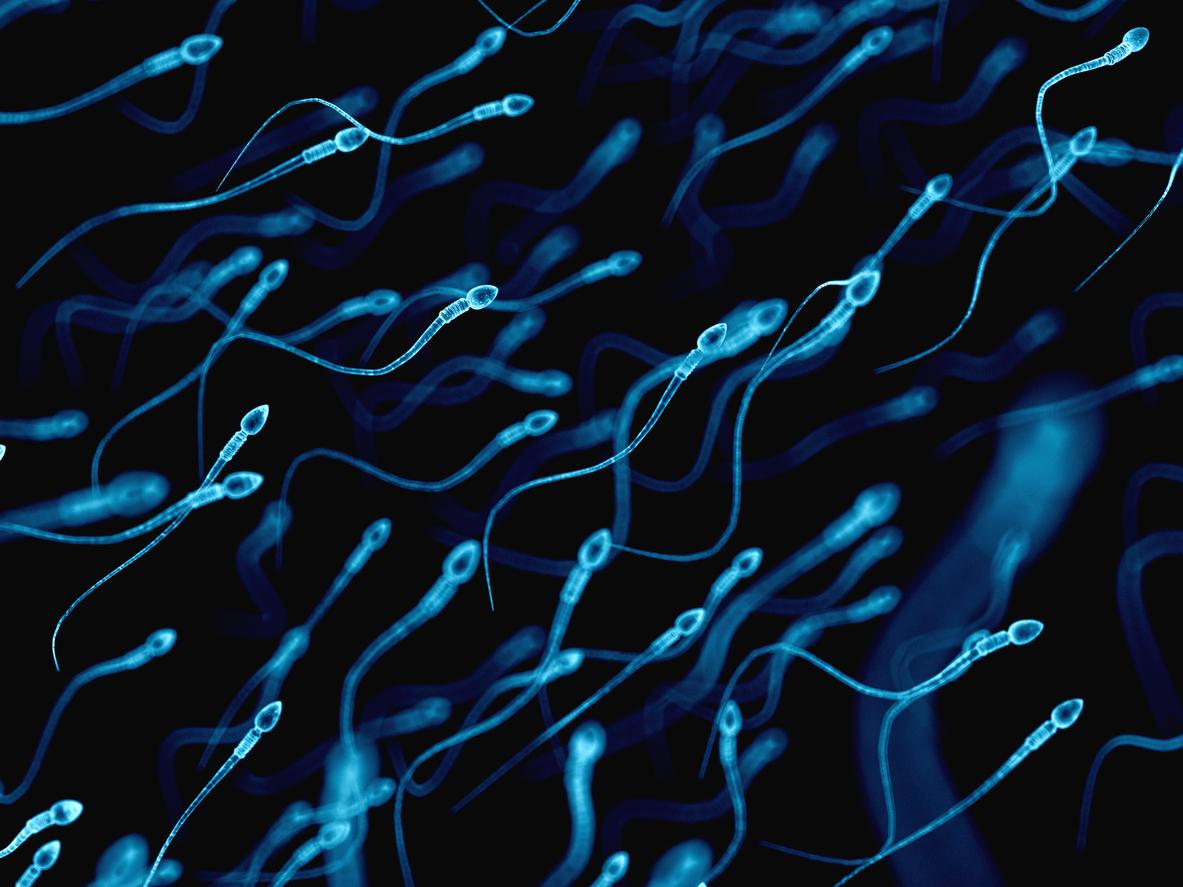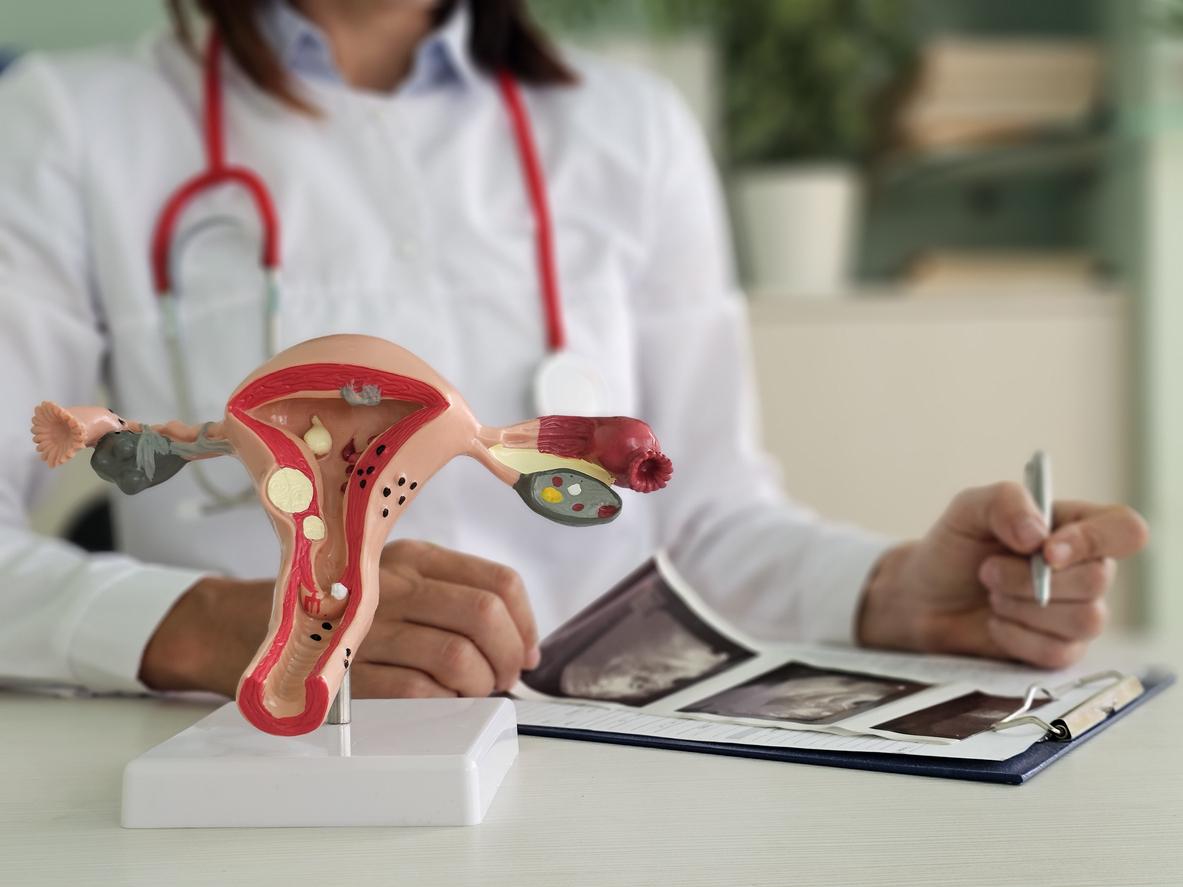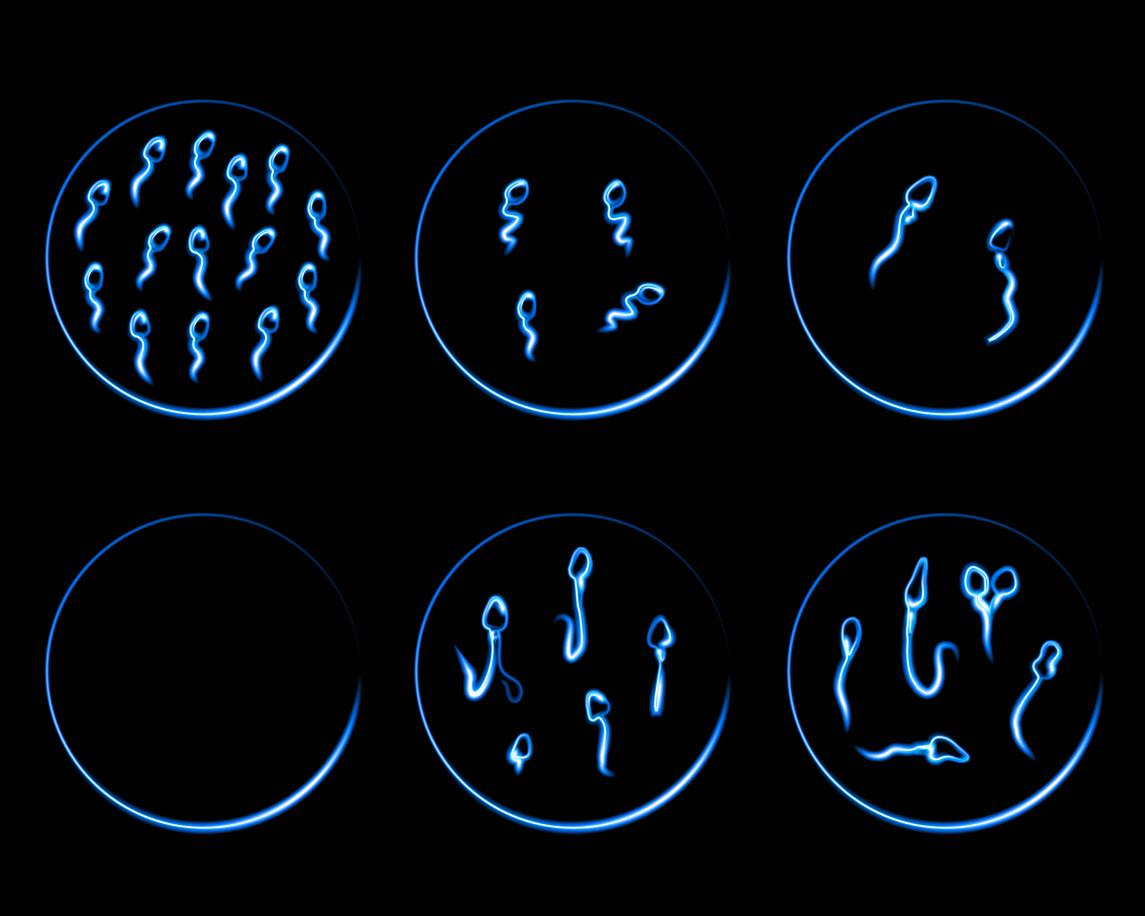Oral administration of an HDAC inhibitor blocks sperm production and fertility in mice without affecting libido.

- A class of drugs, called HDAC inhibitors, can stop sperm production in mice.
- However, this treatment does not reduce their desire to mate or future reproduction.
- “This makes it a promising therapeutic approach, which we hope to see soon developed for clinical trials in humans,” according to the authors.
“Despite the many options for female contraception, nearly half of pregnancies are unintended. Family planning choices for men are currently limited to unreliable condoms and invasive vasectomies of questionable reversibility,” said an international team of researchers. Recently, she revealed that she had identified a new method for interrupting sperm production, which is both non-hormonal and reversible. In order to achieve this discovery, scientists conducted a study published in the journal Proceedings of the National Academy of Sciences.
SMRT protein mutation prevented production of mature sperm
As a reminder, the stem cells in the testicles constantly multiply, until a signal tells them that it is time to transform into sperm. This process is called “spermatogenesis.” This signal comes in the form of retinoic acid, a product of vitamin A. Pulses of retinoic acid bind to retinoic acid receptors in cells and, when the system is perfectly aligned, this triggers a program complex genetics that transform stem cells into mature sperm. According to scientists, for this to work, retinoic acid receptors must bind to the SMRT protein.
As part of the work, they looked at genetically modified mice that had been developed in the laboratory. In these rodents, the SMRT protein was mutated and could not bind to retinoic acid receptors. Without this interaction between the protein and the receptors, the animals were not able to produce mature sperm. However, they had normal testosterone levels and behavior, indicating that their desire to mate was not affected.
Rodent fertility was restored two months after discontinuation of the HDAC inhibitor
To see if they could reproduce these genetic findings through pharmacological intervention, the authors treated normal mice with MS-275, an orally administered HDAC inhibitor. By blocking the activity of the SMRT-retinoic acid receptor-HDAC complex, the drug was able to stop sperm production without producing obvious side effects. Within 60 days of stopping treatment, the rodents’ fertility was fully restored and their offspring showed healthy development.
“When we add the drug, the stem cells become out of sync with the retinoic acid pulses and sperm production stops, but as soon as we remove the drug, the stem cells can reestablish their coordination with the retinoic acid and production of spermatozoa restarts. (…) This makes it a promising therapeutic approach, which we hope to see soon developed for clinical trials in human beings”, concluded Ronald Evansco-author of the research.















